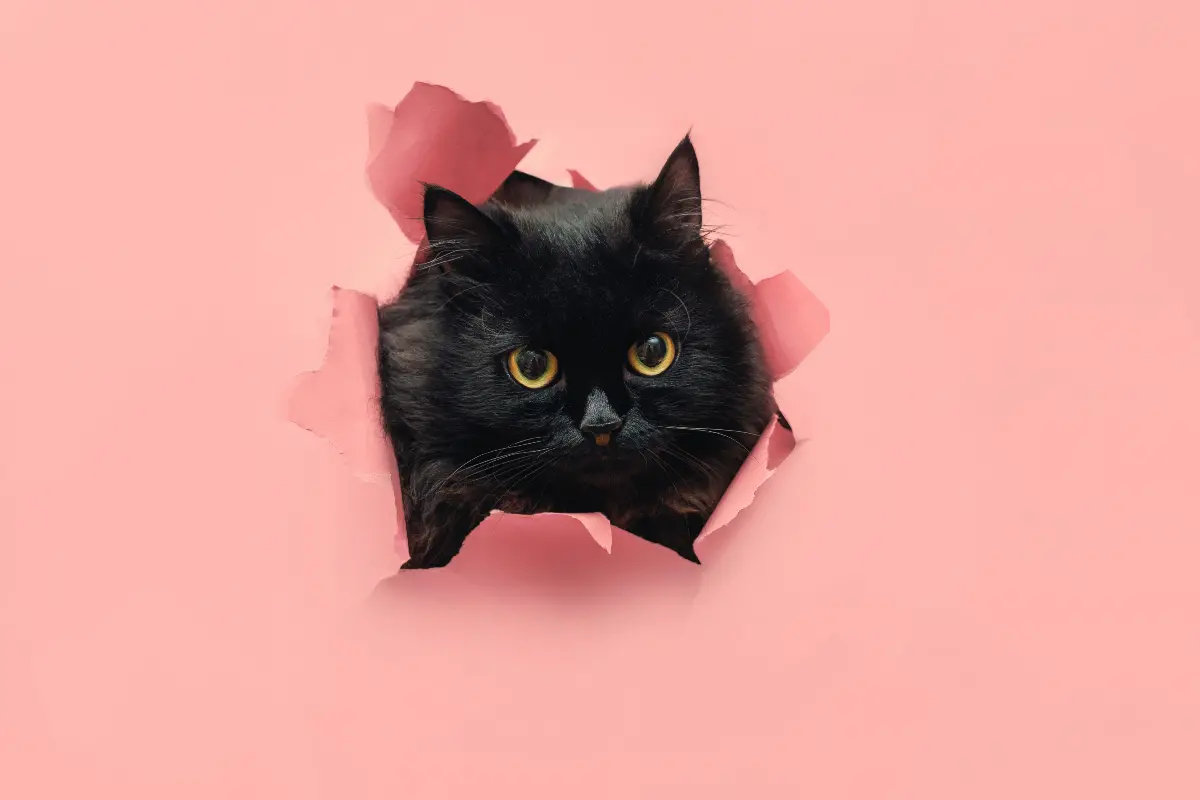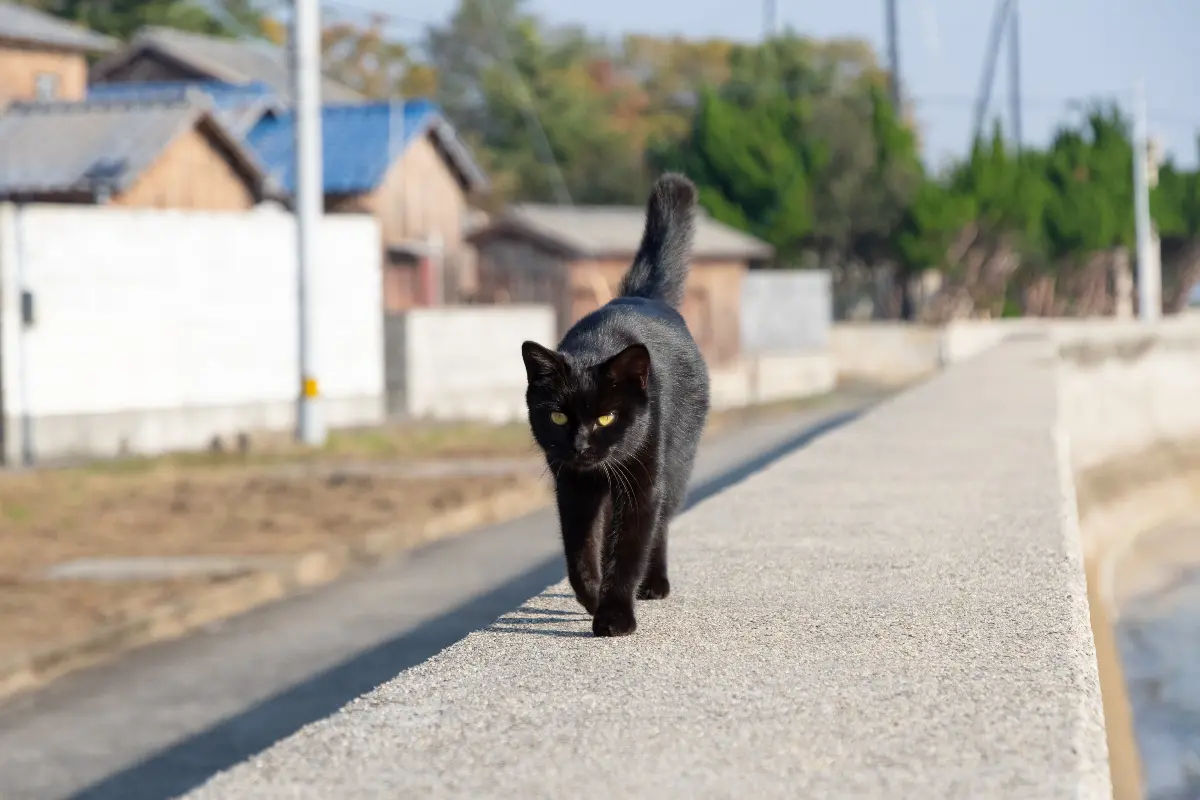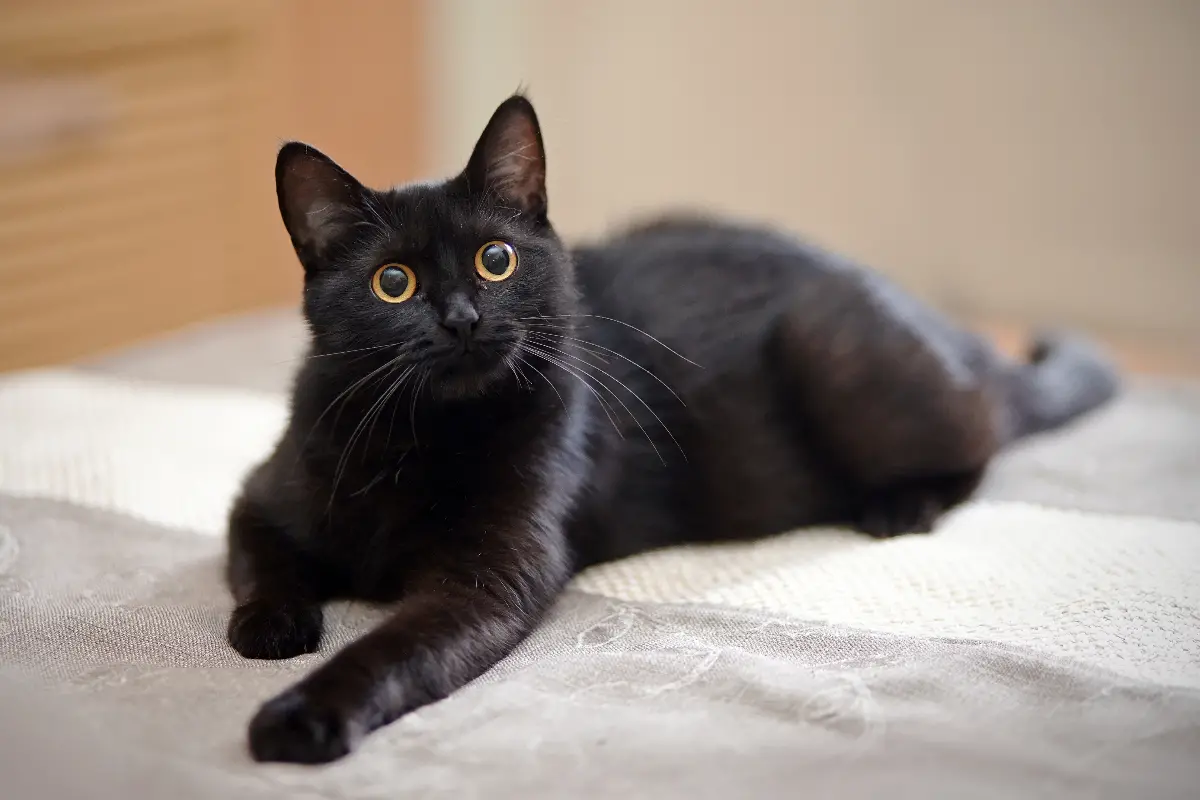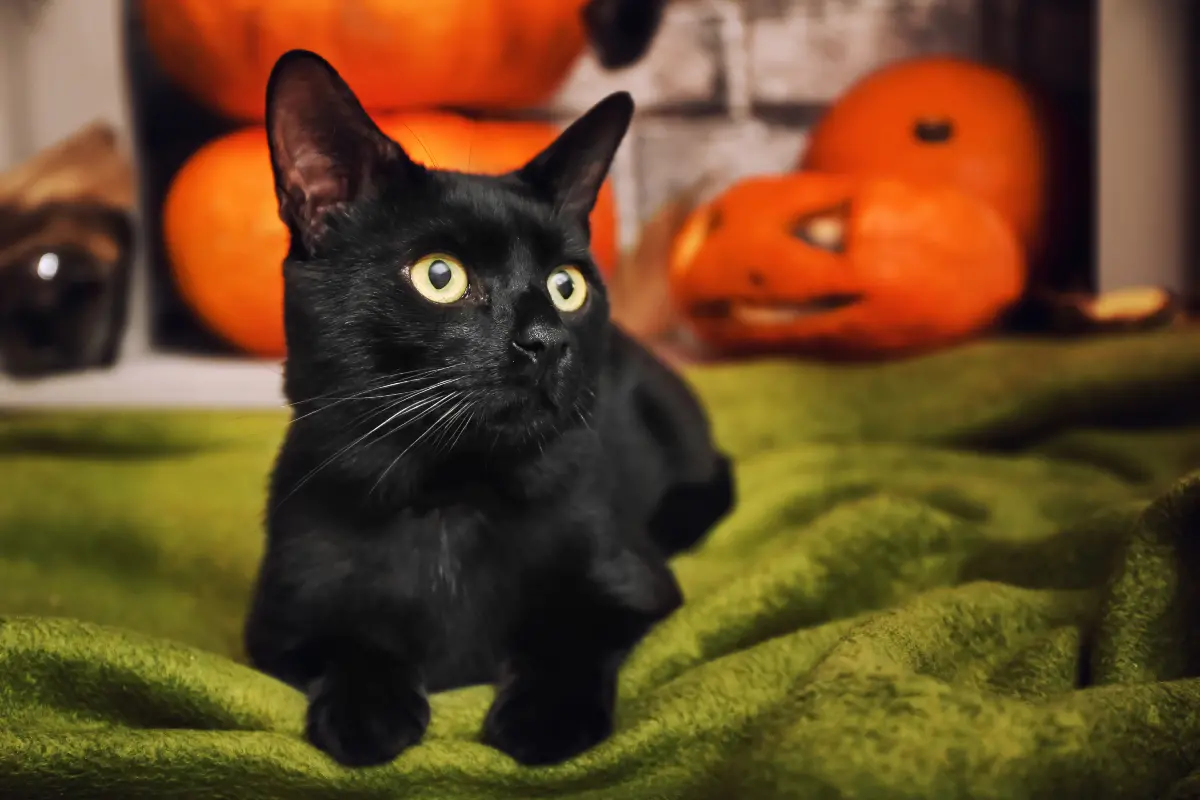Surrounded by an aura of mystique, black cats have prowled through the pages of history and folklore, often at the centre of superstitions and myths. Mythology aside, these ebony-hued felines are indeed captivating creatures with a bounty of interesting facts worthy of exploration.

Firstly, it might surprise many to know that not all black cats are a single breed. The dark coat can actually be found across multiple feline breeds, including the Bombay, the Persian, and the American Shorthair. Their sleek, noir fur is the result of a high concentration of a pigment known as melanin, which not only gives them their distinctive coloration but also lends to some interesting genetic advantages.
Indeed, it has been suggested by some scientific studies that the luxurious black coat of these cats might offer them an evolutionary edge—black fur provides better camouflage in the darkness of night, which in the wild could be beneficial for stealth and protection. There's also a fascinating genetic tidbit: the same genetic mutation that leads to black fur may also boost the immune system, making black cats potentially more resistant to certain diseases.
Despite their common association with bad luck in some cultures, black cats are seen as bearers of good fortune in many other places around the world. In Japan, for instance, they are considered to bring prosperity and protect against evil spirits. English sailors in the 18th century also valued black cats, not only as effective mouse hunters on their ships but also as companions that were thought to bring good luck.

In Britain, they have a markedly positive image—a black cat crossing your path is seen as an omen of good things to come, and in Scottish lore, a strange black cat arriving at your home signals prosperity. Conversely, in the United States and some parts of Europe, century-old superstitions link black cats to witches and bad luck, a stigma that oddly persists today, especially around Halloween.
Even in the modern era, these superstitions can have real-world consequences. Black cats often have lower adoption rates and higher euthanasia rates in animal shelters compared to their more lightly coloured counterparts. This phenomenon, sometimes referred to as "black cat syndrome," reflects lingering, deep-rooted superstitions and aesthetic biases.
As for their personalities, though it's largely a myth that cat coloration impacts temperament, some black cat owners report that their pets are exceptionally sweet and friendly. This anecdotal evidence may reflect something deeper, or it could speak to the bond between cat and owner—a bond any feline enthusiast knows transcends coat colour.
In terms of care, black cats are much like any other cat, though their dark fur can sometimes mask health issues like skin conditions, which might be more easily spotted in lighter-coated animals. Black fur, just like pale human skin, can also be prone to sun damage if the cat spends a lot of time basking in sun-soaked spots.

The contribution of black cats to culture cannot be overstated. Who can forget the chilling yowls of the 'black panther' in Edgar Allan Poe's "The Black Cat" or the comedic mischief of Salem in the television series "Sabrina, the Teenage Witch"? In more modern pop culture, superstitious beliefs are often played on or turned on their heads, with black cats depicted as heroes or as misunderstood characters deserving of love and respect.
Though we find ourselves in an age dominated by scientific understanding and technological advancements, the enigmatic black cat still ignites the imagination, embodying a spiritual and mystical presence within our homes. Their striking appearance can command attention in a photograph or painting, adding an element of sophistication and elegance.
What's more, each October, black cats take centre stage as emblematic figures of Halloween. This, while a testament to their enduring place in cultural superstitions, also serves as a reminder of our ongoing fascination with the mystical and macabre. Far from being a harbinger of doom, the black cat's silhouette against a full moon is an iconic and enduring image of one of the most playful and enchanting holidays.

In closing, black cats are much more than mere symbols of superstition. They are complex, individual creatures, each with its own story. Whether they are considered lucky charms or lumped with long-held myths, black cats remain a fascinating subject worthy of appreciation and respect, and any day spent in the company of a black cat should indeed be counted as good fortune. As we move further into a world where old superstitions fade and new understandings emerge, may we all be lucky to cross paths with these enigmatic felines, who hold secrets as deep as their lustrous coats are dark.
